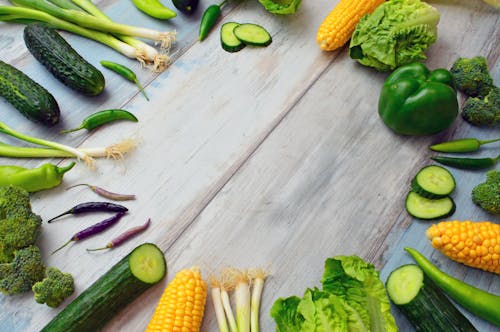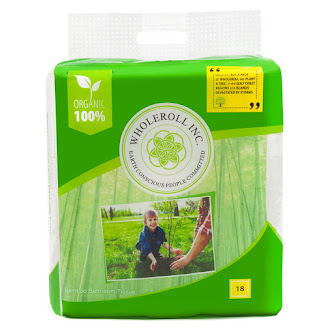The term “organic” is often associated with being “healthy,” particularly for certain foods such as fruits and vegetables. However, what does organic actually mean? Is it better for the environment and our health if we consume organic produce?
Organic food is not contaminated with any synthetic chemicals such as man-made pesticides or fertilizers during the growth process. Organic products are also free of genetically modified organisms (GMO's). Foods that are organic range from meat, dairy products, fresh fruit, and vegetables to other processed organic foods such as drinks, crackers, and frozen meals.
Organic products reduce the health risks faced by farm workers and their families by minimizing their exposure to toxic chemicals that are persistent and consistent on the farm. In addition, organic produce is richer in nutrients such as phosphorus, vitamin c, iron, and magnesium due to their limited exposure to nitrates and pesticide residue.
Since the late 20th century, there has been an increased market for organic produce, making it a multi-billion dollar industry with clearly outlined and unique production, processing, distribution, and retail systems.
Here are four reasons why you should consume an organic diet.
Organic food is better for the environment: farming organically helps to conserve water, improve soil fertility, reduce soil erosion and pollution. Animal rearing without the use of pesticides is also better for the health of the animals and people in close proximity to farms. This is because of the reduced exposure to the chemicals normally used in animal husbandry.
More Omega-3 fatty acids: organic meat may have higher levels of Omega-3 fatty acids, compared to conventional meat. According to researchers, the increased levels of Omega-3 acids are linked to the feed consumed by the livestock. Animals raised organically consume more grass than animals raised conventionally. Animals that are not raised organically spend more time indoors and consume more grains.
More Nutritious and Enriched with Vitamins: Organic fruits and vegetables may have higher antioxidant content than food grown conventionally. The soil contains important microbial life that is destroyed when pesticides, herbicides, and others are introduced. When the soil is free of these chemicals, crops can reap the full benefits of the healthy minerals and nutrients needed from the soil which results in more nutritious food.
Safer for workers: organic farming contributes to a safer and healthier environment for us all including farm workers. Organic food is grown in such a way that it prevents pesticides from making their way into the environment. Pesticides can end up in the soil and our water reserves, affecting the fish breed. Buying organic helps to control the number of chemicals released into the environment. Nature already supplies us with all we need to keep us healthy so organic purchases are a smart health-conscious decision. Many of the undocumented farm workers who harvest the food we eat are exposed to high levels of pesticides daily. Organic farming keeps the soil and water clean and safe for them too.
Organic food has increased in popularity due to the increase in demand for healthier food options by customers. However, we must purchase local because the question remains whether or not organic food shipped from halfway across the globe is a sustainable method of food production which could defeat the purpose.







